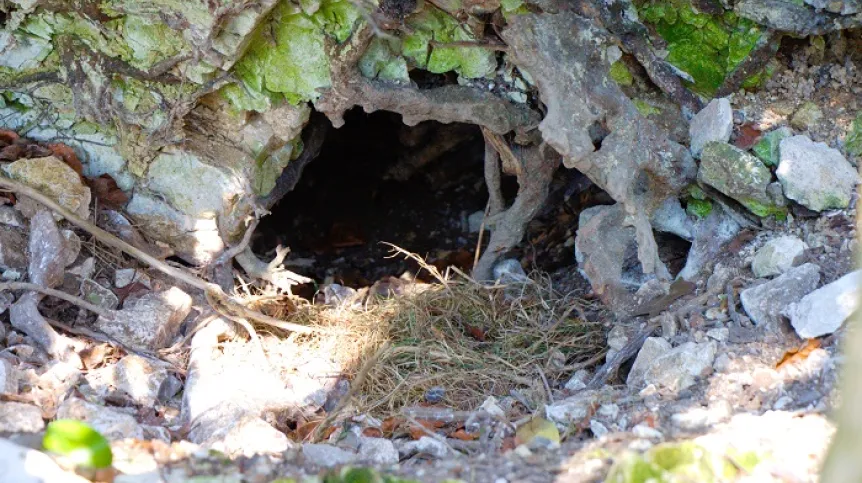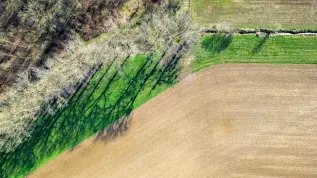
The Culex torrentium mosquito hibernates in abandoned fox and badger burrows. Being a carrier of pathogens, the mosquito 'helps' some viruses survive winter in Europe, according to research by scientists from Germany and Poland.
Late spring and summer are the periods when we particularly feel the presence of mosquitoes in the environment. This is due to the fact that the populations of mosquitoes that have survived winter intensively increase their numbers, and the weather favours staying outside, which exposes people to attacks by blood-thirsty females.
Dr. Łukasz Myczko from the Department of Zoology at the Poznań University of Life Sciences, one of the authors of the new research said: ‘Problems with mosquitoes return every year and are common, so one would expect that scientists know almost everything, at least about the common species in Europe.
‘However, this is not the case, there are astonishing gaps even in basic knowledge about common species.’
Published in One Health with colleagues from the Bernhard Nocht Institute for Tropical Medicine in Hamburg, in one example of such knowledge gaps, scientists mention the mosquito Culex torrentium, common in Poland and throughout Europe.
Morphologically, females are practically indistinguishable from the common house mosquito Culex pipiens. The males of these species are morphologically easy to distinguish, but they do not hibernate and do not attack humans.
Until the publication of the results of research, the wintering places of this common species were not known. They turned out to be abandoned burrows of foxes and badgers - in contrast to the common house mosquito Culex pipiens, the females of which overwinter in objects of anthropogenic origin, mainly basements.
Poznań’s Łukasz Myczko said: 'Why is this knowledge important - and is it worth worrying about at all? Definitely yes. Culex mosquitoes, especially Culex torrentium, are vectors of pathogens, including viruses. We detected the presence of Usutu virus in the body of a female mosquito hibernating in one of the burrows - which proves that in Europe this pathogen can survive the winter period in this way.
‘Usutu virus is an arbovirus, a more famous representative of which is West Nile virus. The presence of Usutu virus has already been demonstrated in neighbouring countries of Poland, so we expected its presence in Poland as well.’
He added that although the virus is dangerous mainly to birds, recorded infections in humans is rare.
The new research follows on from previous work on invertebrate overwintering in abandoned fox and badger burrows. According to Myczko: ‘The study of various aspects of animal biology is necessary, especially when it comes to species important from the epidemiological point of view. The accumulated knowledge allows us to better predict future dangers and properly respond to potential threats to human and animal health.’
PAP - Science in Poland
zan/ agt/ kap/
tr. RL













